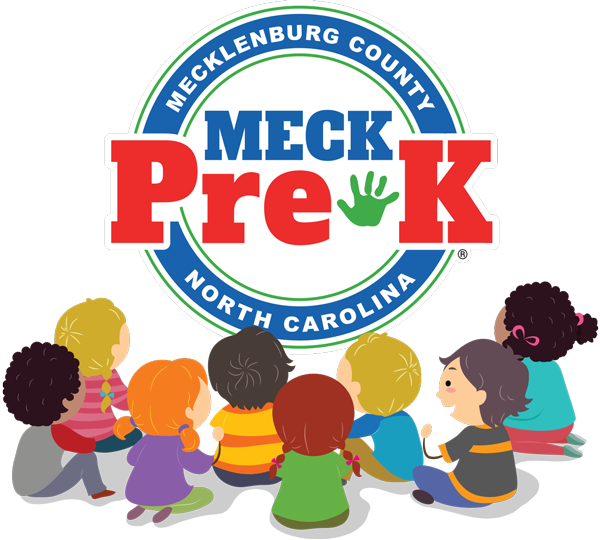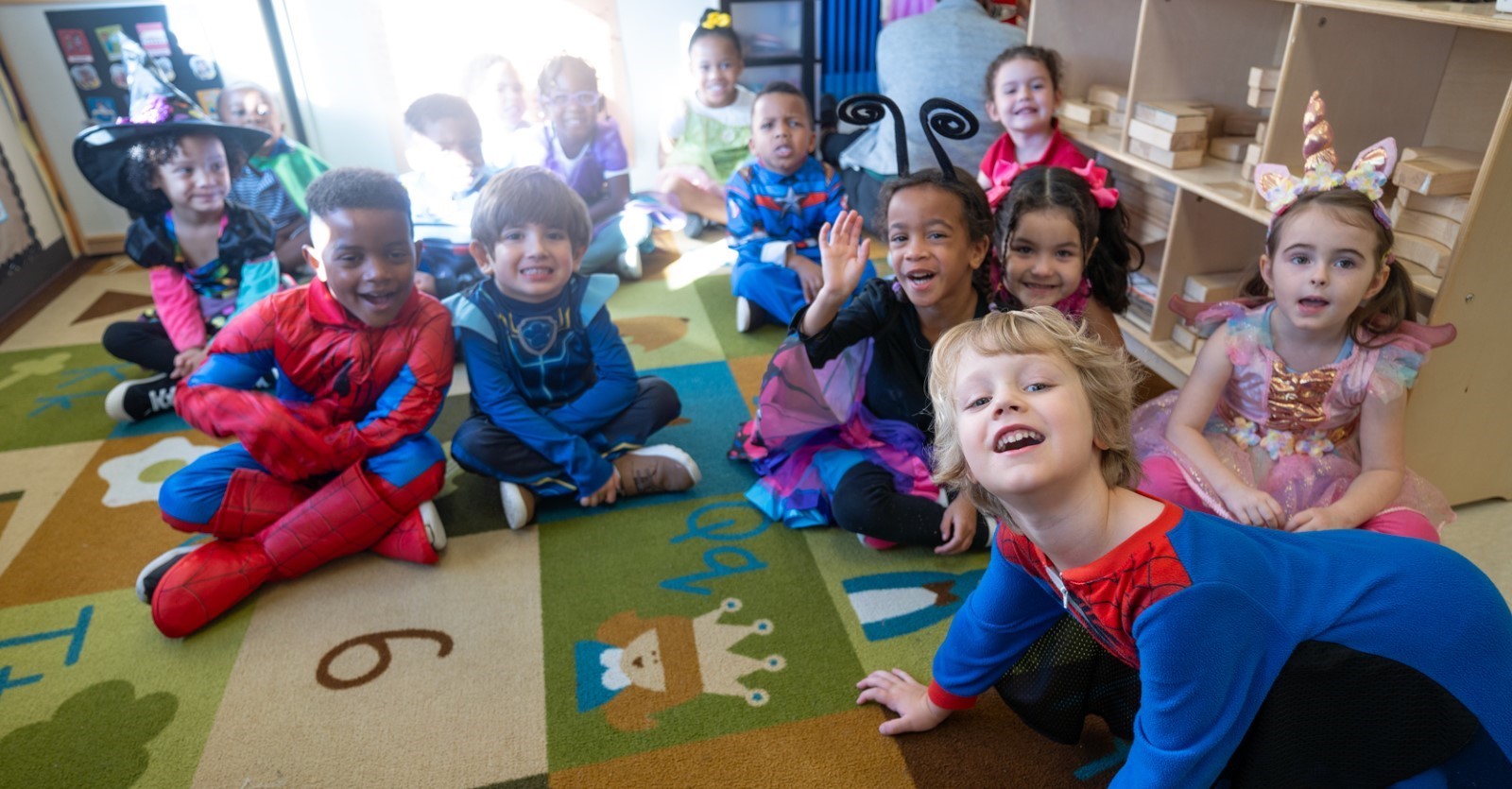Have you ever watched a group of young children play together? While it may seem like they are just goofing around, they are actually developing social and emotional skills that are the building blocks for how they will relate to others throughout their entire lives. This is a fascinating time in a child’s development, and we have learned a lot about how children develop at this stage. Here are a few fun facts about social development in pre-K aged children.
1. Sharing is a learned skill
If you think about it, babies are selfish creatures. And that is by design! A baby is still learning to communicate, and much of that communication is about their own needs. But pretty soon, babies start to realize that other people have needs too, and thus begins the development of social skills. By pre-K, kids have a pretty good grasp of other people, and the fact that they have needs, but it can still be difficult to share. They have to work through the benefits of sharing vs. keeping everything for themselves.
A high quality pre-K environment includes group activities where sharing is encouraged and practiced. Free play within the classroom also gives children opportunities to play together, share items, and negotiate conflicts. Teachers are there to gently correct when they can’t work it out themselves.
2. Social interactions teach them about themselves
Children aren’t born knowing that other people may have different wants, needs and temperaments. They learn that through social interactions with peers, younger children, older children, and adults. They also learn about their own needs and wants. Some children may like loud noisy play, while others may prefer a quieter environment. Some may prefer group activities, while others may want to work with one or two peers.
Pre-K gives children the opportunity to experience different types of activities and to identify their own strengths in different settings. They can try on different roles to see what fits. And they can also learn how others react to different behaviors. This helps them to understand themselves as individuals and in a group environment.
3. Four-year-olds are learning self control
Age four is a great time to teach children self-control and the ability to regulate their emotions. Research tells us that young children with poor self-regulation skills tend to make less academic progress later in life. Pre-K is a great opportunity to help children develop these skills before they start elementary school.
Much like the first two skills, self-control is learned through social interactions, and may include some trial and error. A child won’t always make the right choice, but clear rules, consistency, and a supportive environment can help them learn from their mistakes. Over time, and with encouragement, children can get better at self-regulation and control. Remember, development is a lifelong process, and even adults forget their self-control skills sometimes! Don’t give up if you see your child regressing a bit. If your child is in a high quality pre-K program, their teacher will let you know if there are any problems that need to be addressed.
About MECK Pre-K
MECK Pre-K uses The Creative Curriculum®, which includes social and emotional development as a core principle. In a classroom implementing The Creative Curriculum, every part of the day offers opportunities for teachers to be intentional about plans to support and assess children’s social–emotional development, while every corner of the classroom provides spaces just right for implementing those plans.
MECK Pre-K is high quality pre-K education open to all four-year-old children in Mecklenburg County. Classrooms are located in licensed childcare centers and taught by licensed teachers and highly qualified assistant teachers. You can apply online at MeckPreK.org. If you have a child who is not old enough for pre-K this year, you can sign up for our email list and be notified when they’re eligible for MECK Pre-K. Simply go to our future pre-k students page and select your child’s age group.

